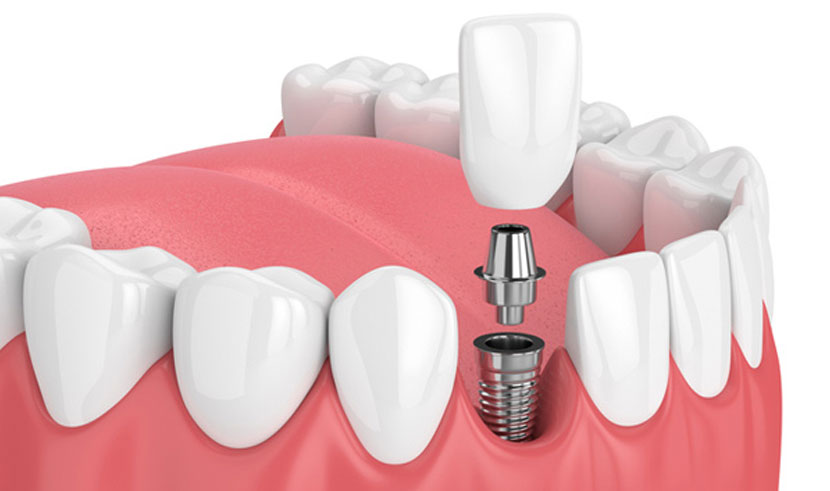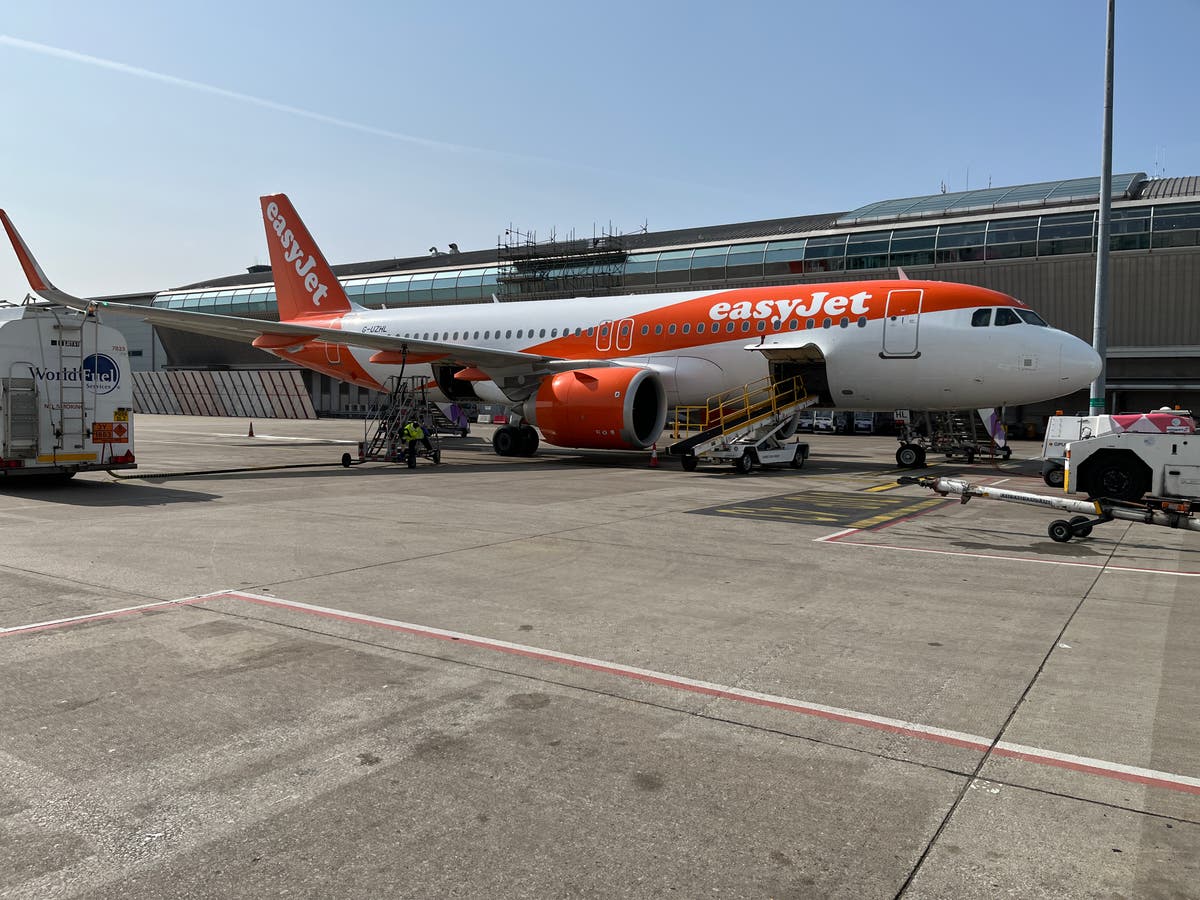Europe’s most beautiful ugly cities where post-war architecture deserves a second look
Lucy Shrimpton goes walkabout in four survivor cities, where urban ‘eyesore’ buildings demand a relook

Sign up to Simon Calder’s free travel email for expert advice and money-saving discounts
Get Simon Calder’s Travel email
Wouldn’t it be just the most brilliant thing if all new visitors to a city had to walk through a time-travel portal in order to earn entrance? Equipped with a time-lapse VR headset, we’d see the whole of the city’s geohistorical narrative unfold before we stepped out into the streets themselves.
In countless portals across Europe there would be one moment that would make everyone jolt in fright: furious Second World War bombing, the screen turning to rubble in the blink of an eye. The radical rebuild that follows refreshes the cityscape with architectural beacons of optimism – antidotes to hard times.
In the past decade or so, we’ve felt a tangible shift in public perceptions of so-called ‘beautiful ugly’ architecture
Catherine Croft, Twentieth Century Society
Urban backstory on board, wouldn’t we be more generous towards – and less sniffy about – city centres that have sometimes been dismissed as bruised, bland, brutal and best bypassed? Catherine Croft, director of the Twentieth Century Society, thinks we already are: “In the past decade or so, we’ve felt a tangible shift in public perceptions of so-called ‘beautiful ugly architecture’,” she says. “There’s a growing appreciation and re-appraisal of once-maligned post-war buildings.”
In Swansea, Rotterdam, Plymouth and Le Havre, that seismic mid-century bang was just the beginning, rolling out a carpet of reinvention, culture, and seamless chapters of regeneration – before that was even a word on everyone’s lips. Here are some of the previously written-off urbanscapes that are worth another look.
Read more on Europe travel:
Abertawe (Swansea), Wales
Crude concrete bins aren’t generally what you expect to find as museum exhibits, but it’s this ilk of urban scenography that visitors are invited to contemplate at the exhibition Twentieth Century Swansea at the city’s museum, custodian of local history and one of the few buildings spared the ravages of 1941’s Three-Nights’ Blitz.
Swansea has become masterful at renewal
(VisitSwanseaBay (Swansea Council))
Creating modern thoroughfares out of the rubble might have been the perfect fairytale renaissance, but the Welsh city’s luck wasn’t always in: the rebuild was never fully completed, was criticised for lack of cohesion, and within too few decades was a case of faded gloss. The added angst of what to do with decaying industrial space once occupied by the thriving copper industry was almost too much for one century to bear.
Yet Swansea’s spirit never gave up, and the city became masterful at renewal. The former docks district (the Maritime Quarter) was next up for a facelift, its fillers the National Waterfront Museum and Dylan Thomas Centre; an artistic district and fertile ground for street photographers emerged around the train station; and Copr Bay, sustainable new-kid-on-the-block complete with arena, landscaped park and bridge, finally linked the city to the beach. Hir yw pob ymaros, Abertawe – all waiting is long.
Explore it
Twentieth Century Swansea shows until February 2024. Walk the city centre on a trail, adding stops at Kardomah Café (Italian owned and little changed since the 1950s), the post-war style market, and the brutalist, duneside Civic Centre – its tiered internal balconies and original chandeliers are firmly back on trend.
New chapters
The city keeps her hard hat on for Hafod Morfa, regenerating the old copper works into Penderyn Distillery, with an all-female whisky distilling team at the helm.
Getting there
Hourly trains serve Swansea from London Paddington, and there’s a service every 30 minutes from Cardiff.
Staying there
Stay in the heart of the Maritime Quarter at the Delta Marriott Hotel.
Rooms available from{{#price}}{{price}}per night{{/price}}{{^price}}Check availability for dates and prices{{/price}}
{{#amenities}}
Hotel Amenities
Food & Drink
{{#amenities.foodDrink}}{{.}}{{/amenities.foodDrink}}{{/amenities.foodDrink.length}}{{#amenities.internet.length}}Internet
Please check hotel for more information on amenities
Services
{{#amenities.services}}{{.}}{{/amenities.services}}{{/amenities.services.length}}{{#amenities.parking.length}}Parking
Please check hotel for more information on amenities
Health & Wellbeing
{{#amenities.health}}{{.}}{{/amenities.health}}{{/amenities.health.length}}{{/amenities}}
Rotterdam, Netherlands
If the existence of an Instagram account named @KeepRotterdamUgly isn’t evidence enough of a city wearing imperfection as a badge of honour, what is? The Netherlands’ second-largest metropolis and Europe’s biggest port receives an increasing number of tourist arrivals year on year, despite none of the honeypot hallmarks of the country’s canal cities.
Rotterdam’s yellow cube houses have gained acclaim from architecture fans
(Iris van den Broek)
Once upon a time, a network of historic canals crisscrossed Rotterdam as elsewhere, but many were filled with the rubble remains of a city flattened by bombing; the violence was captured in the frenzied arms of the statue De Verwoeste Stad – The Destroyed City.
In war’s wake, “eclectica” emerged, every decade filling a space with a higher rise or quirkier work of statement architecture. If guidebooks are anything to go by, the Cube Houses, the Luchtsingel elevated walkway, and the Erasmus bridge are outright winners on jaunty, inventive, and iconic respectively. But then there are the post-war beautiful bruisers you won’t find on their pages: a modernist’s castle at De Bijenkorf department store; the Blakeburg office building on its stilts; and the former Shell building, with its allusions to New York’s United Nations. Even 21st-century architecture doffs its cap to Brutalism in the creative complex aptly named Brutus.
Explore it
See 1940s footage at Museum Rotterdam 40-45, join Architecture Tours to digest the modernist cityscape, and time a trip to coincide with Rotterdam Architecture Month in June.
New chapters
Rotterdam fills its spaces with art at the mirrored Depot Boijmans art storage facility and at the Tate-esqueKunsthal, both in Museumpark. Next up will be Hofbogenpark (Rotterdam’s answer to New York’s High Line) and an urban wave pool.
Getting there
Stena Line operates a ferry service from Harwich to Hoek-van-Holland, 18 miles from Rotterdam, and connected by metro.
Staying there
Opt for the Stayokay hostel to sleep in one of the Cube Houses.
Rooms available from{{#price}}{{price}}per night{{/price}}{{^price}}Check availability for dates and prices{{/price}}
{{#amenities}}
Hotel Amenities
Food & Drink
{{#amenities.foodDrink}}{{.}}{{/amenities.foodDrink}}{{/amenities.foodDrink.length}}{{#amenities.internet.length}}Internet
Please check hotel for more information on amenities
Services
{{#amenities.services}}{{.}}{{/amenities.services}}{{/amenities.services.length}}{{#amenities.parking.length}}Parking
Please check hotel for more information on amenities
Health & Wellbeing
{{#amenities.health}}{{.}}{{/amenities.health}}{{/amenities.health.length}}{{/amenities}}
Plymouth, England
The wreckage provided the clean slate for the most distinguished town planner of the day, Patrick Abercrombie, to execute the overhaul known as “Plan for Plymouth”, Britain’s first Beaux-Arts city. Though nowadays few visitors to Armada Way or Royal Parade might spot the Washington, New Delhi, Edinburgh or Canberra inspiration, and naysayers might accuse the city centre of not ageing well, his vision is still clear to see: Portland stone, grand axes, geometric intersections and function-led “precincts” (the recreation, the retail, the civic, the cultural…). Does any single word better conjure mid-century than “precinct”?
Plymouth’s Armada Way
(One Plymouth)
Now, a self-guided trail makes an open-air museum of the city centre, inviting the curious to strip back all commercial insignia and explore the once utopian part of the city so often overlooked in favour of the older, the neater, the twee-er Barbican or Hoe districts. Emerging are the hidden histories of some of the best post-war pieces of architecture in the UK – theatre, banks, market and classically inspired department stores – most imposingly at the soaring Civic Centre, an unconventional landmark but of its time, spared the wrecking ball and poised for renovation.
Explore it
Download the Plymouth Trails app, experience Plymouth’s history in timelapse at The Box (where the Bomb Book is also displayed) and take in the cityscape from the top of Smeaton’s Tower.
New chapters
Take a boat ride from the Barbican to historic Royal William Yard – former victualling yard for the Royal Navy turned space for chic apartment living, co-working, hospitality and the arts.
Getting there
National Express operates direct coach services between Plymouth and 38 locations across the UK.
Staying there
Stay at the Crowne Plaza, with breakfast views of the Sound and rooftops.
Rooms available from{{#price}}{{price}}per night{{/price}}{{^price}}Check availability for dates and prices{{/price}}
{{#amenities}}
Hotel Amenities
Food & Drink
{{#amenities.foodDrink}}{{.}}{{/amenities.foodDrink}}{{/amenities.foodDrink.length}}{{#amenities.internet.length}}Internet
Please check hotel for more information on amenities
Services
{{#amenities.services}}{{.}}{{/amenities.services}}{{/amenities.services.length}}{{#amenities.parking.length}}Parking
Please check hotel for more information on amenities
Health & Wellbeing
{{#amenities.health}}{{.}}{{/amenities.health}}{{/amenities.health.length}}{{/amenities}}
Le Havre, France
Post-war constructeur Auguste Perret probably punched the air from beyond the grave on the July day in 2005 that Unesco announced it was listing Le Havre in France for post-war Modern Urban Planning. Relying on both prefabrication and concrete – béton in French – for sheer speed, his mission rehoused 40,000 people in just 18 years after bombing obliterated the city in 1944.
Go for a dip in Le Havre’s Bains des Docks
(Seb Joly)
Decades of derision had preceded the listing: Perret’s grid of beige and boxy apartment blocks didn’t get a second glance from the Francophile arrivals rolling off the ferry and eyeing up Joan of Arc’s Rouen, Monet’s Giverny, and picture-perfect Honfleur instead. At the industrial mouth of the Seine estuary in Normandy, Le Havre might as well have been the armpit of the earth.
But behind the Soviet sobriety, Unesco clearly saw something different: effects in concrete that appeared as aesthetically crafted as wood or stone, clear neoclassical inspiration in columns, exposed frameworks, and the broadest spectrum of textures. But it was arguably the occupant-centric interiors that stole the show. Tangible on a tour of Appartement Témoin – a faithful reconstruction of one of the show apartments and a 1950s time capsule – social histories bounce off the walls. It’s packed with mod-cons, dual aspects for maximum sunshine, sliding doors for flexible living, and kitchens close to the fold, so that the aproned were no longer partitioned.
Explore it
Further pieces of the mid-century jigsaw include the arresting MuMa (Museum of Modern Art, housing one of France’s most significant collections of Impressionist paintings); Eglise St Joseph (half church, half war memorial and dizzyingly kaleidoscopic inside); and the Hôtel de Ville – peak Perret.
New chapters
Perret passed the béton baton to Oscar Niemeyer whose town-centre Volcan – a cultural venue – is as delicate as a thumping elephant’s foot yet strangely elegant. And pack your cozzie; Bains des Docks is a modern-day lido complex and architectural marvel in the revitalised docklands.
Getting there
Brittany Ferries operates a service from Portsmouth to Le Havre.
Staying there
Stay at the heart of the post-war grid at Hotel Vent-d’Ouest.
Rooms available from{{#price}}{{price}}per night{{/price}}{{^price}}Check availability for dates and prices{{/price}}
{{#amenities}}
Hotel Amenities
Food & Drink
{{#amenities.foodDrink}}{{.}}{{/amenities.foodDrink}}{{/amenities.foodDrink.length}}{{#amenities.internet.length}}Internet
Please check hotel for more information on amenities
Services
{{#amenities.services}}{{.}}{{/amenities.services}}{{/amenities.services.length}}{{#amenities.parking.length}}Parking
Please check hotel for more information on amenities
Health & Wellbeing
{{#amenities.health}}{{.}}{{/amenities.health}}{{/amenities.health.length}}{{/amenities}}
Read more of our best Europe hotel reviews

 Astrong
Astrong 
































